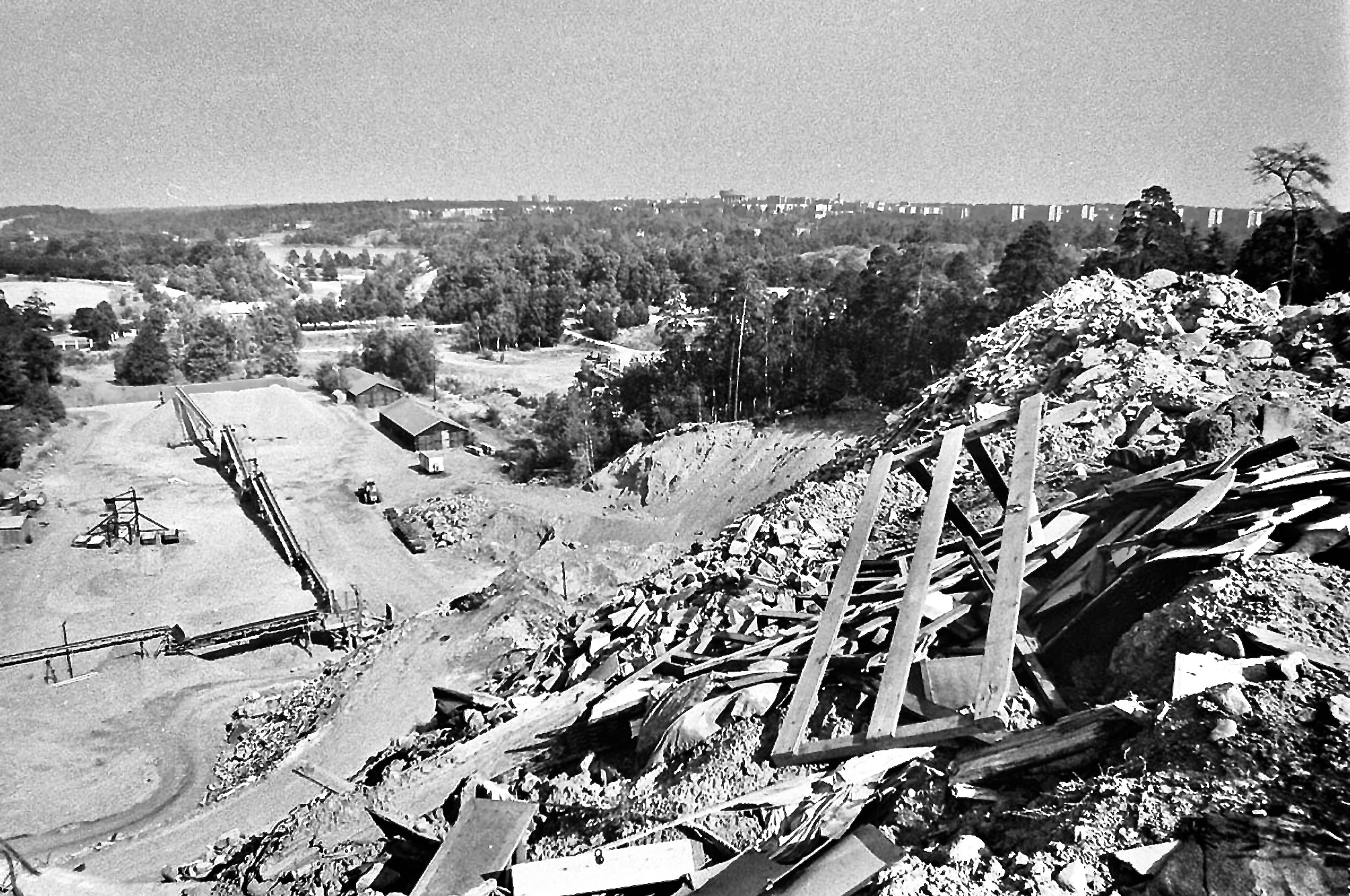Will Steffen (1947-2023)
In Memoriam (1 February 2023)
Stockholm, New Year’s Eve 1999: Will and I stand nostalgically on top of the 70-meter-high artificial mound of Haga Kulle. Under our feet lay buried the entire Stockholm ‘Klara City quarters’, an old and charming district demolished in the 1950’s and 60’s to allow for the ‘modernization’ of the city center. We stand on a unique site for the archaeologist of the future, and a metaphor for the planetary throwaway syndrome; and the reason why there will soon be more lifeless concrete than living biomass on our planet. But for the purpose, it's ‘just’ another hill from where to enjoy the cityscape.
The winter night is cold and snowy, but we have decided –with our families (Carrie and Sonja; Klara, Daniel and Katharina)– to climb to the top, with a bottle of sparkling wine and some nibbles, to watch the fireworks and to welcome the new year. Will and I are colleagues, one the executive director of the International Geosphere-Biosphere Programme (IGBP) at the Swedish Academy of Sciences, the other his deputy for social sciences. We first met in Canberra only a few years back when he was director for one of IGBP’s research projects (on Global Terrestrial Ecosystems Change), but Will has that generous gift which quickly forge longstanding friendships and turn working places into a second home.
Looking at the skyglow, we joke that Schopenhauer had a good point reminding us that ‘the new is rarely the good, for the good is only new for a short while’: the ‘new’ Klara City District has now been classified as an urban scar, and many regrets expressed posthumously. In our case, we agree on a shared and confident worldview: the ‘new’ we are fighting for, together with a large like-minded community, makes us proud and determined. Ours is the quest to find answers to crucial questions regarding the future of the planet: what kind of world we live in, what can be done to right the wrong and change it for the better?
We feel united in a millenary tradition in western thought upholding the principle that the world is a single system and that we must make progress in the whole sphere of human knowledge. We agree that the type of questions raised, and their required answers, ultimately determine our field of study. Between a chemist and an archaeologist, among many other disciplines, we must hold together if we are to understand global environmental change; to firmly agree that the pathway to truth and factual wisdom require both empirical and formal knowledge, observation and calculation, inductive and deductive methods. We believe that time will prove us right [it did, in 2018] when separate science academies will come together in a single International Science Council, recognising the fact that every genuine question has one answer, that method and purpose is rational and essentially identical in all fields, and their outcomes are universally true.
(…) It's been 23 years since that unforgettable night, and with much regret many of us now realize that something deeply valued is suddenly lost. I celebrate Will as one of a kind: an outstanding conversationalist and synthesizer of shrewd ideas and concepts, common-sensical as well as scientific. His communication skills were well above any other I have known. His manners were always gentle, respectful, welcoming. His worldview truly universal, without a trace of hubris or paternalism, extensive to all human, cultural and intellectual diversity: in an opening editorial of a new Springer journal on Regional Environmental Change which we jointly authored, Will’s insightful vision led the way into demystifying many extant blunders of human reasoning: physical vs. social, global vs. local, global change vs. sustainable development. His leadership was consistently open, consensual, mentoring. He respected all and was equally respected. Will was a rare and truly spirit of the Enlightenment in an age of poor reason. His laughter and wisdom will endure in our thoughts and honour his legacy.
A bright light never fades away: as I revisit the polar night from Haga Kulle and look up to the sky –faraway and still so near– I recognise a gorgeous new star lighting-up our path and heartening our brief journey.
Additional reading: Nature obituary https://www.nature.com/articles/d41586-023-00519-x
Ilustrations: (1) Will Steffen, Volvo Environment Prize Org.; (2) City archives at https://bjornbild.wordpress.com/2017/01/15/arkivbilder-haga-kulle-nu-och-da/; (3) ‘Frösundatoppen in Hagaparken’, Creative Commons, Holger Ellgaard 2007


